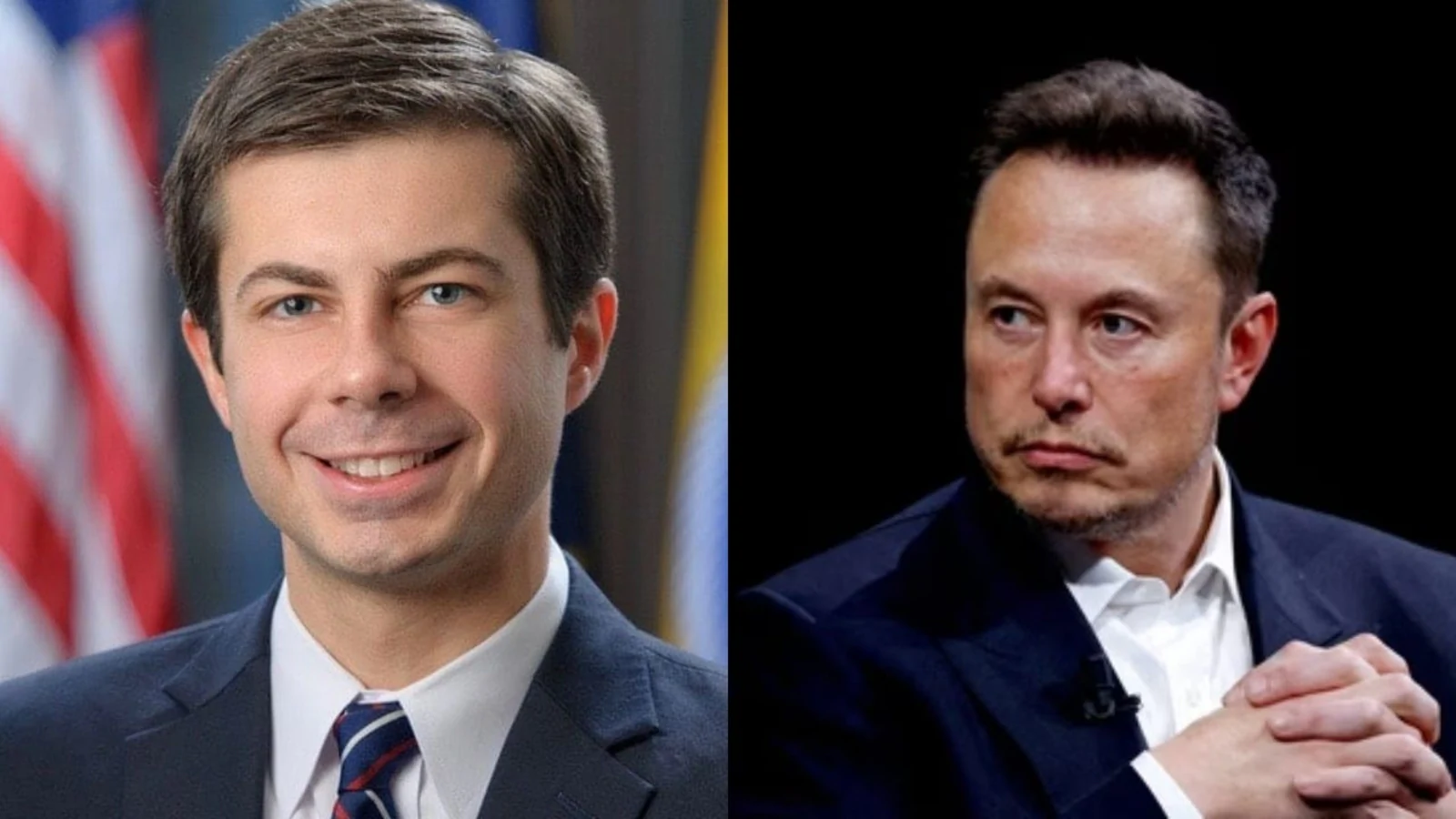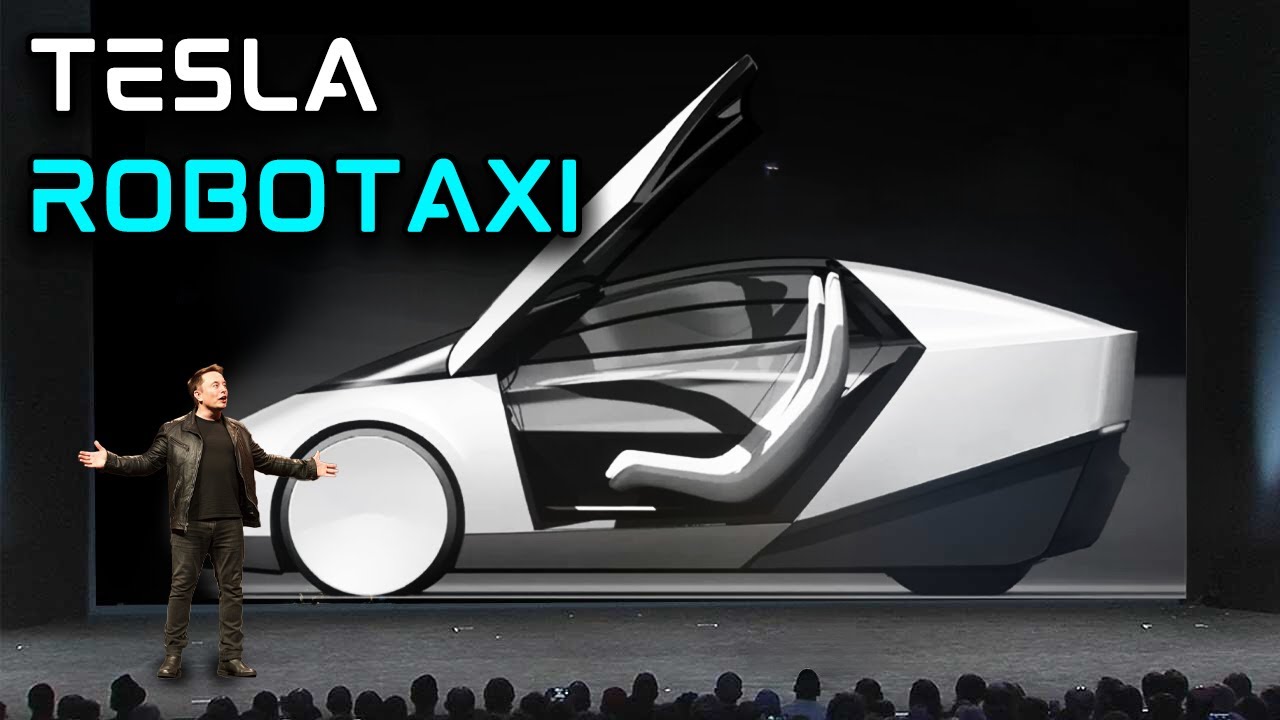This public spat between two prominent figures highlights the challenges and complexities of disaster response in the age of advanced technology. Elon Musk, known for his outspoken nature, took to X to accuse FEMA of hindering Starlink’s attempts to provide emergency internet services in hurricane-ravaged zones. He claimed that FEMA was blocking approvals for Starlink deployments, potentially delaying vital communication lifelines for those in need.
Transportation Secretary Pete Buttigieg swiftly countered Musk’s allegations, stating that no such obstruction had taken place. He emphasized the government’s commitment to utilizing all available resources to aid in the recovery efforts, including private sector technologies like Starlink. This clash underscores the increasing reliance on private companies and their innovations in disaster situations, raising questions about public-private partnerships and the responsibility of corporations in times of crisis.
The Musk-Buttigieg Exchange: A Blow-by-Blow Account
The controversy began with Musk’s post on X, where he claimed, “FEMA is actively preventing Starlink from providing emergency connectivity to Helene victims. This is a serious impediment to recovery efforts.” This accusation quickly gained traction, fueling concerns about the effectiveness of the federal response to the hurricane.
Buttigieg responded directly to Musk’s post, denying the claims and inviting further discussion. “Elon, this is not true. Please DM me your number and I will connect you with FEMA directly. No one is preventing Starlink from providing any assistance they can,” he wrote.
This public exchange drew attention to the role of technology in disaster relief and sparked a broader debate about the responsibilities of both the government and private companies in such scenarios.
Starlink’s Role in Disaster Relief: A Growing Trend
Starlink, SpaceX’s satellite internet constellation, has increasingly been deployed in disaster-stricken areas around the world. Its ability to provide internet access in remote and devastated regions makes it a valuable tool for emergency responders and affected communities. In the wake of Hurricane Helene, Starlink’s potential to provide communication lifelines to those cut off by the storm was significant.
Musk’s claims, however, raised questions about the regulatory hurdles and bureaucratic processes that might hinder the rapid deployment of such technologies during emergencies. The incident also highlighted the need for clear communication and coordination between government agencies and private companies to ensure efficient disaster response.
Buttigieg’s Response: Defending the Federal Effort
Buttigieg’s prompt response to Musk’s accusations aimed to reassure the public about the government’s commitment to leveraging all available resources for disaster relief. He emphasized that FEMA was actively working to facilitate assistance from all sources, including Starlink.
By publicly refuting Musk’s claims and offering direct communication, Buttigieg sought to dispel any perception of obstruction or inefficiency in the federal response. His actions underscored the importance of transparency and accountability in disaster relief efforts.
Beyond the Clash: The Bigger Picture
The Buttigieg-Musk exchange is more than just a public disagreement between two high-profile figures. It brings to light several critical issues surrounding disaster response in the 21st century:
- Public-Private Partnerships: The increasing reliance on private companies like SpaceX in disaster situations necessitates effective collaboration between the government and the private sector. This requires clear communication channels, streamlined approval processes, and a shared understanding of roles and responsibilities.
- Technological Advancements: As technology continues to evolve, it offers new and innovative solutions for disaster relief. However, it also presents challenges in terms of regulation, accessibility, and equitable distribution of resources.
- Government Accountability: In times of crisis, the public expects transparency and efficiency from government agencies. Clear communication and proactive measures are crucial to maintain trust and ensure effective disaster response.
Moving Forward: Lessons Learned
The Buttigieg-Musk exchange provides valuable lessons for future disaster response efforts. It underscores the importance of:
- Proactive Communication: Establishing clear communication channels between government agencies and private companies before disasters strike can prevent misunderstandings and delays in aid delivery.
- Streamlined Processes: Simplifying regulatory and approval processes for deploying critical technologies during emergencies can ensure timely assistance to those in need.
- Transparency and Accountability: Maintaining open communication with the public about disaster response efforts, including the role of private companies, can foster trust and ensure accountability.
By learning from this incident and implementing these measures, we can strengthen our disaster preparedness and response capabilities, ensuring that we are better equipped to assist those affected by future crises.





